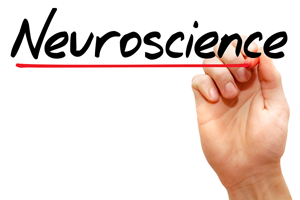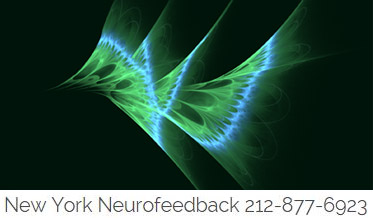-
Why Does the Brain Use so Much Energy?
- Posted on June 27, 2017
- by Catherine Boyer
- in New York Neurofeedback, The Brain
- Comments Off on Why Does the Brain Use so Much Energy?
Popular Science addresses a fundamental question of neuroscience in its article IBM Research Thinks It’s Solved Why the Brain Uses so much Energy.

IBM neuroscientist James Kozloski says, “…about 90 percent of the energy consumed by the brain is unaccounted for, which is a considerable amount given that the brain takes 20% of the body’s total energy.”
Why Does the Brain Use so Much Energy?
Kozloski thinks that this energy is being used to constantly trace the neuron and tissue paths of the brain. He compares these pathways to city streets running through three major areas of brain functioning:
- Sensory – “What’s happening?”
- Behavioral – “What can I do about it?”
- Limbic – “What does it mean to me?
Kozloski used IBM’s neural tissue simulator to test his theory. He ran his model through this simulator, which is “a set of algorithms that mimics the way neurons fire in the brain.” Kozloski speculates that this ability may have evolved in order to allow us to use past experience to better predict outcomes in new situations.
Kozloski is hopeful that the model he has developed will help the field better understand the brain. One application of this research could be in better understanding of neurodegenerative diseases such as
 Huntington’s.
Huntington’s.Why is this of interest to us as NeurOptimal® trainers and clients?
This research fits well into the information processing theory of human development. NeurOptimal® is designed to utilize that brilliantly. During our neurofeedback sessions the brain is given information about how it is operating, moment to moment. Then it can do what it is already masterful at: Use the information to regulate itself to be more resilient, more flexible, more effective.
That typically means better use of energy, more focus, better sleep, etc. Maladaptive patterns such as depression and anxiety can decrease or disappear.
Please ask questions here on the blog, or you are welcome to email me.
Catherine Boyer, MA, LCSW-R
New York Neurofeedback
If you enjoyed this article please consider sharing it!





